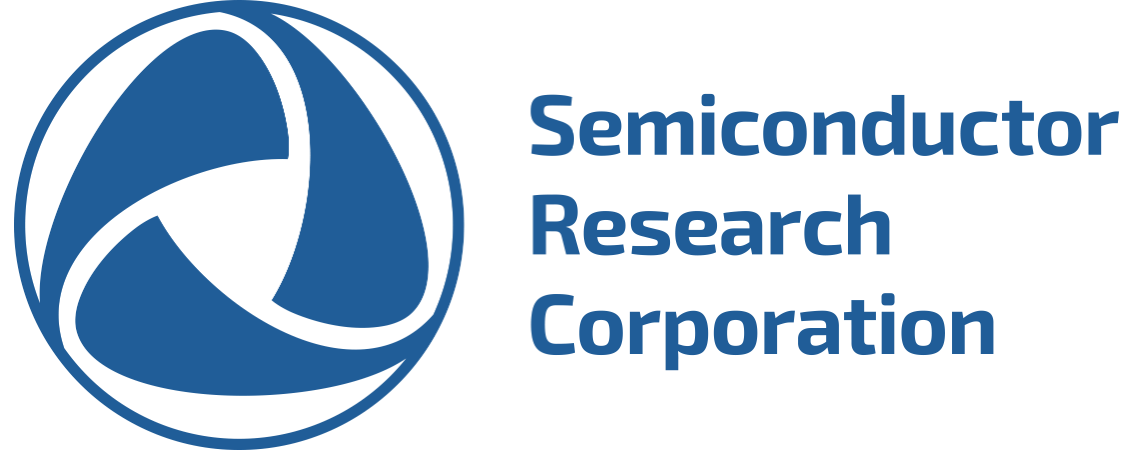Overview
The Computer-Aided Design and Test (CADT) program provides research leadership in electronic design automation by making available to members leading-edge university research results, techniques, and tools for the design and test of advanced electronic circuits and systems.
Its mission is to promote excellent and relevant university research enabling continued member leadership in computer-aided design and test through research in tools and methodologies that:
- reduce cost and time-to-market through improving productivity and assuring design correctness
- enable high-level and high-value design
- take full advantage of technology advances through linkages to manufacturing
- anticipate future CMOS and post-CMOS CAD challenges
- address growing design complexity
- make their way into member use through direct adoption or through EDA vendors
All these goals are leveraged by strategic partnerships and funding sources and aim to produce highly qualified graduate students who can fill key positions in member companies.
Research Focus
Research projects in CADT are organized into four subprograms:
VERIFICATION
Research in Design Verification includes core verification technologies, system verification, coverage analysis, and mixed-signal verification.
TEST
Research in Test includes test for manufacturing and yield, analog/mixed-signal test, and post-silicon validation.
SYSTEM, LOGIC, AND PHYSICAL DESIGN
Research in System, Logic, and Physical Design includes design for manufacturing and variability mitigation, resilience and failure-resistance, analog/mixed-signal/RF tools, system-level tools, and tools for power management.
Functional Safety Tools and Techniques
Research in this area includes safe system design tools and techniques, data mining for failure prediction, and design for functional safety.
CADT Metrics
-
Current
25 Projects16 Universities54 Research Scholars26 Faculty Researchers83 Liaisons -
This Year
1 Project Starts28 Research Data -
Last Year
12 Project Starts221 Research Data3 Patent Applications -
Since Inception
137 Projects39 Universities354 Research Scholars84 Faculty Researchers374 Liaisons2,295 Research Data30 Patent Applications12 Patents Granted


 SRC.org Links
SRC.org Links